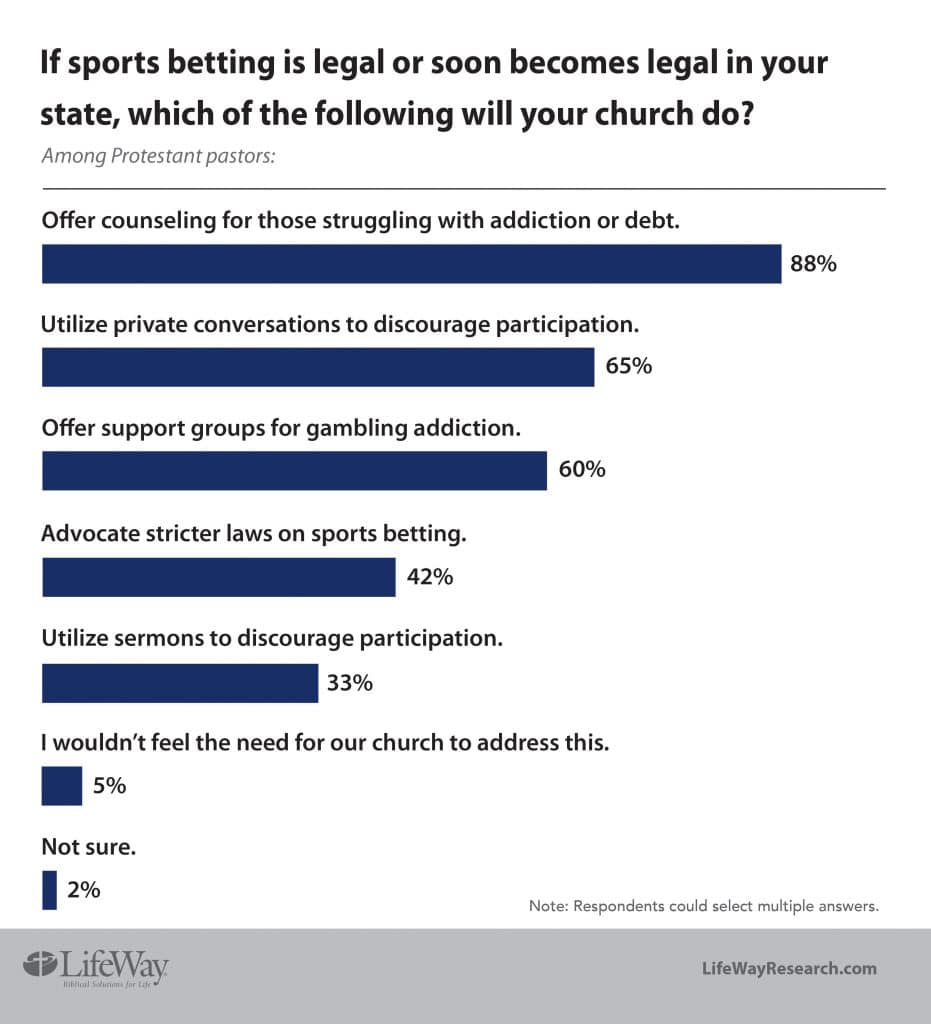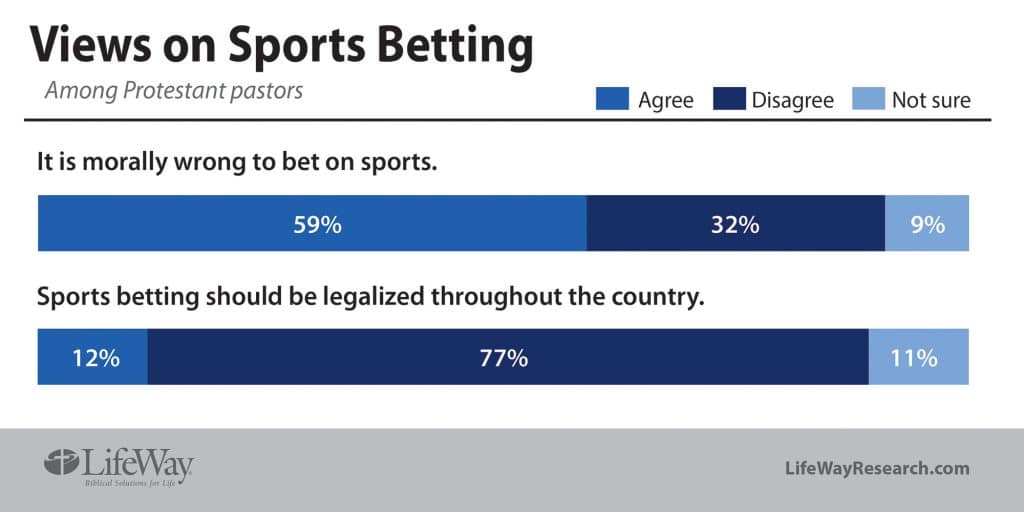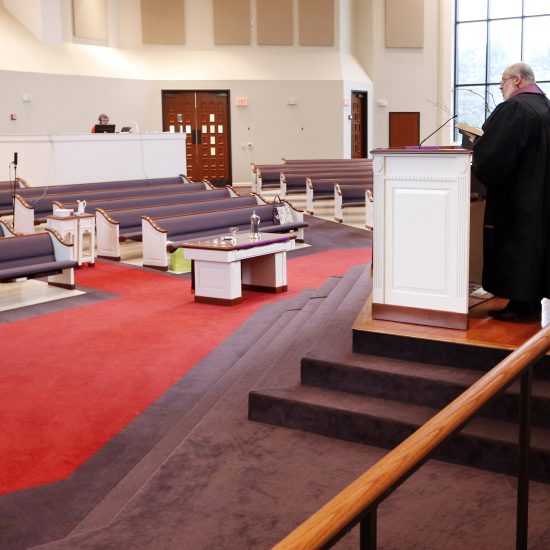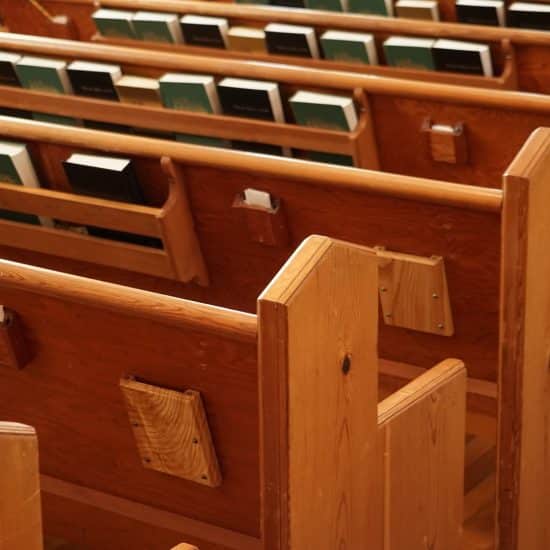
NASHVILLE (BP) — Americans are expected to wager more than $8 billion on this year’s NCAA men’s basketball tournament. But according to a new study released today (March 20), don’t bet on many pastors joining in.
 LifeWay Research’s survey — conducted Aug. 29–Sept. 11 — found most pastors believe it is morally wrong to bet on sports, while few agree it should be legalized nationwide.
LifeWay Research’s survey — conducted Aug. 29–Sept. 11 — found most pastors believe it is morally wrong to bet on sports, while few agree it should be legalized nationwide.
Though if sports gambling does become legal in their state, many pastors are already planning their response.
“The large majority of pastors oppose sports betting,” said Scott McConnell, executive director of LifeWay Research. “And pastors are willing to put their ministry where their mouth is by being ready to help those hurt by gambling and to discourage people from participating.”
Opposition to sports betting
LifeWay Research spoke with 1,000 Protestant pastors about sports gambling and their churches’ potential responses to it.
Around 6 in 10 (59 percent) pastors agree it is morally wrong to bet on sports, while 32 percent disagree.
A previous study from LifeWay Research found the American public disagrees. Nearly two-thirds (64 percent) disagree that sports gambling is immoral, while 31 percent agrees.
 “Twice as many Americans than pastors see no moral dilemma with sports betting,” McConnell said. “There is even a gap within the church as less than half of weekly churchgoers say sports gambling is morally wrong.”
“Twice as many Americans than pastors see no moral dilemma with sports betting,” McConnell said. “There is even a gap within the church as less than half of weekly churchgoers say sports gambling is morally wrong.”
Pastors in the South (62 percent) and Midwest (60 percent) are more likely to agree than those in the West (49 percent).
Fewer younger pastors say sports gambling is immoral. Fifty-two percent of 18- to 44-year-old pastors believe it is morally wrong to bet on sports, while 61 percent of pastors 45 and older agree.
Mainline pastors are more accepting of betting on sports. More than a third (35 percent) disagree that betting on sports is morally wrong, compared to 28 percent of evangelical pastors.
Denominationally, significant majorities of Baptist (71 percent), Pentecostal (69 percent) and Methodist (63 percent) pastors say it is morally wrong to bet on sports. Fewer Presbyterian/Reformed (46 percent) and Lutheran (38 percent) pastors agree.
In 2018, the Supreme Court struck down a 1992 law that prevented state-authorized sports gambling outside of Nevada, but few pastors (12 percent) believe sports betting should be legalized nationwide. More than 3 in 4 pastors (77 percent) disagree that gambling on sports should be legal across the U.S.
Pastors under 44 are the least likely age group to disagree, but 68 percent still oppose legalizing it nationwide.
Significant majorities of evangelical and mainline pastors, as well as in every denomination, disagree that sports gambling should be legal throughout the country.
 Previously, LifeWay Research found Americans, in general, were more split on nationwide legalized sports betting. Half (49 percent) opposed legalization while 40 percent supported.
Previously, LifeWay Research found Americans, in general, were more split on nationwide legalized sports betting. Half (49 percent) opposed legalization while 40 percent supported.
“More pastors and more Americans oppose legalizing sports betting nationwide than say it is morally wrong,” McConnell noted. “It is clear that many people perceive negative consequences either for the individual or society that go beyond the bet itself.”
Gambling plans
If betting on sports becomes legal in their state, many pastors say they will work to discourage it and help those who may be harmed by it.
Nearly 9 in 10 pastors (88 percent) say if their state legalizes sports gambling, they will offer counseling for those struggling with debt or addiction.
Majorities say they will use private conversations to discourage participation (65 percent) and offer support groups for gambling addiction (60 percent).
Fewer say they will advocate for stricter laws on sports betting (42 percent) or use sermons to discourage people from participating (33 percent).
One in 20 pastors (5 percent) say they would feel no need for their church to address legal sports gambling at all.
“Pastors are not taking a wait-and-see attitude toward something that is now up to each state,” McConnell said. “They are quick to say that if legalized sports betting comes to their state they will be ready to prevent problems and help those who encounter addiction or debt.”
Methodology
The phone survey of 1,000 Protestant pastors was conducted Aug. 29–Sept. 11, 2018. The calling list was a stratified random sample, drawn from a list of all Protestant churches. Quotas were used for church size.
Each interview was conducted with the senior pastor, minister or priest of the church called. Responses were weighted by region to more accurately reflect the population. The completed sample is 1,000 surveys.
The sample provides 95 percent confidence that the sampling error does not exceed plus or minus 3.2 percent. Margins of error are higher in subgroups.
LifeWay Research is a Nashville-based evangelical research firm that specializes in surveys about faith in culture and matters that affect churches.
For more information on the study, visit LifeWayResearch.com or view the complete report.






